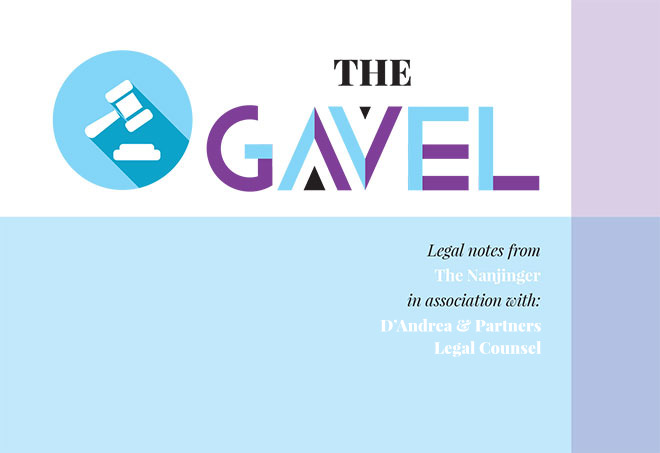Increasingly, luxury brands choose to sell their products through WeChat mini programs, which makes it easier to provide controllable online shopping services, so can they avoid the difficulties associated with finding and loading official websites.
Since 2016, luxury brands such as Christian Dior, Givenchy, Burberry and Channel have taken the lead in WeChat sales and have achieved interesting results. At the same time, the model of using WeChat mini programs for sales means certain problems tend to arise, namely how to determine the boundaries of legal liability for platform operators and how to define the mini programs’ ownership and intellectual property.
Unlike regular apps, users do not need to download and install WeChat mini programs in order to use them. According to Article 2.3 of the “WeChat Mini Programs Platform Service Terms” (hereinafter “The Terms”), developers shall conduct initial development, such as design, internal testing, editing and maintenance of registered mini programs. Taking Dior as an example, “Dior Official Mall” is an e-commerce mini program, developed and coded by Christian Dior. After entering the mini program, it will be displayed in the WeChat interface as a product customisation and purchase interface.
- AI Face Swapping; the Legalities of Personal Data Security
- Sexual Harassment & Other Illegalities in the Gyms of China
- Laws of Living; 4 Top Legal Concepts for Foreigners in China
We tend to understand mini programs as a “web app” from a simple point of view. Users only need to search the name of the mini program in WeChat to find and use the mini program. The brand relies on the WeChat mini program platform to develop, operate and manage mini programs.
As for service content, according to Article 1.2 of The Terms, “This service refers to the technical services provided by Tencent to users in accordance with this term, including remote interface call, front-end framework development, service connection channel, data encryption transmission and related Internet application technology, etc.”. According to Article 6.2 of The Terms, “Tencent only provides you with app services or relevant neutral technical support services under this term”.
Therefore, we believe that Tencent’s mini programs products currently provide the following services:
1. A mini program platform. Tencent relies on its copyright, patent and other intellectual property rights to provide businesses with the mini program platform and related technical services, so users can develop mini programs for brand marketing and other purposes.
2. Initiate and direct social media flow. At present, mini programs have multiple portals, such as sharing with friends and in groups, search, QR code scanning, etc., all of which can bring an influx of users.
3. Payment. All online transactions can be supported by WeChat payment.
The ownership and intellectual property rights of the mini programs are relatively clear. According to Article 1.3 of The Terms and Article 6.1 of the “WeChat Public Platform Service Agreement”, the mini program belongs to the WeChat public account, and the ownership of the WeChat public account belongs to Tencent. Users may only utilise a right of use for the WeChat public account, while such may not be donated, borrowed, leased, transferred or sold. Therefore, mini programs registered and developed by brands belong to Tencent, while the brands only have the right of use.
According to Article 5 of the The Terms, the intellectual property rights of the services provided by Tencent (including but not limited to web pages, words, pictures, audio, video, charts, etc.) and the copyright, patent and other intellectual property rights of the software on which Tencent relies shall belong to Tencent; the intellectual property rights of the content generated by the user in the process of developing the mini program belong to the user or the relevant right holders. Therefore, for the mini programs developed and the intellectual property invested by the brand, such items shall still be owned by the brand.
- Soil Pollution in China; New Law, New Hope
- Cookies and Personal Data Protection
- A Legal Dose of Desire
However, when it comes to e-commerce, WeChat’s rules, credit evaluation system, third-party complaint and dispute handling system have not been improved. The relatively low registration threshold and audit standard of WeChat mini programs will most likely face many problems moving forward.
DISCLAIMER
This article is intended solely for informational purposes and does not constitute legal advice. Although the information in this article was obtained from reliable official sources, no guarantee is made with regard to its accuracy and completeness. For more information please visit dandreapartners.com or WeChat: dandreapartners









